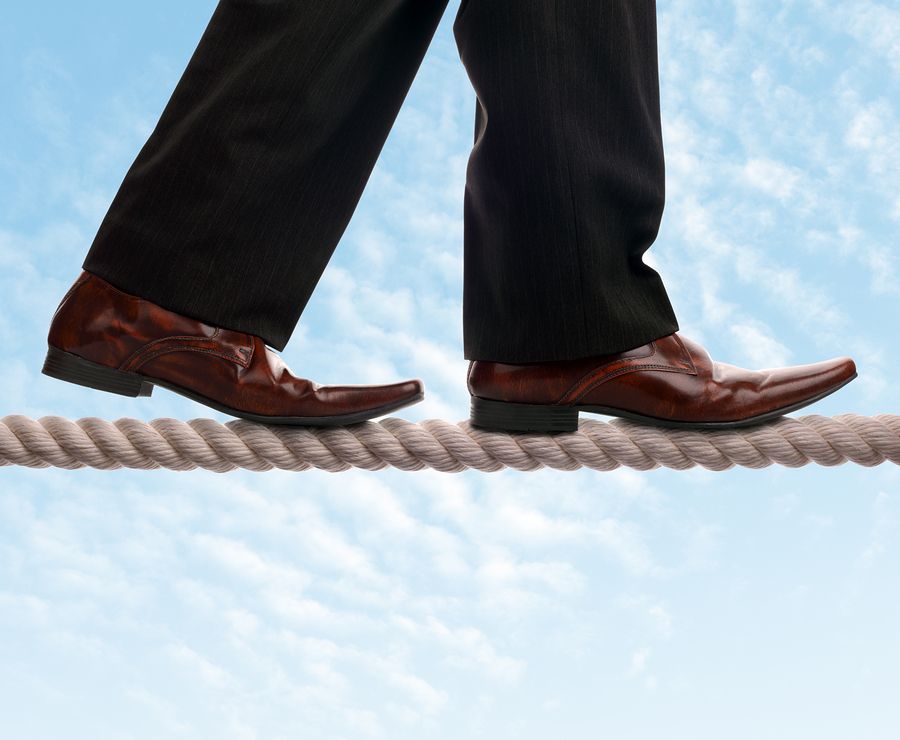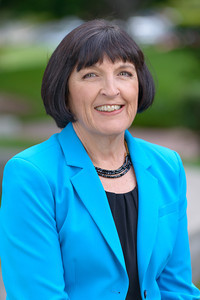Entrepreneurs are risk takers. We’ve found that entrepreneurs tend to accumulate the most wealth, but many of them also have some of the biggest capital loss carry forwards on their tax return. Why? There is rarely a great reward without taking on risk. Somewhere between 50% and 80% of all businesses fail depending on which study you look at. That is years of hard work, money, and hope that an entrepreneur may not recover.
Entrepreneurs who spend all of their money on their companies are making a mistake.
If you’ve made it this far, you are likely an entrepreneur or possibly hoping to be one someday soon. We’ve met many business owners who believe so much in what they are doing, that they spend every last penny on their companies. This will leave you exposed daily on a high-wire without much of a safety net.
Entrepreneurs need to have a cash cushion – something nice and soft to fall back on if the business takes longer to grow than anticipated or if it ultimately fails. And not just a typical three to six months of living expenses that most financial planners recommend for those employed by someone else. You may often hear this referred to as an emergency reserve, rainy day fund, or even a freedom fund – all of these can be used interchangeably. Budding business owners should keep a cash reserve of between nine months and one year of living expenses – possibly more if you are married with kids! As crazy as it may seem to not invest every dollar in your business and instead invest it in your security, having this money stored away will help you sleep at night. If your business ultimately fails, it can provide the bridge during the transition while you look for something new. If your business succeeds, then you can lighten up on the cash over time.
This is the cash that you keep around for the unexpected bills that come up in your personal life. These funds help to liberate you to stay laser focused on your business knowing that you don’t have to worry about your personal financial issues for a period of time.
Just because you make it through the first year as a startup, doesn’t mean you no longer need an emergency reserve. A close friend developed a business that grew rapidly for two years. In year three, government regulations changed and it meant that he lost 40% of his business overnight. Just because you safely traverse a high-wire successfully once or twice, doesn’t mean you should get rid of the safety net.
How to establish your cash reserve
Ideally, you will have this set up prior to launching the business. If you have the cash already then you are ahead of the game. However, if you need to build it up then plan to make regular automatic transfers into an account just as you would any other bill. Keeping the money in something stable and available at a moment’s notice is important so it will allow you to access it whenever you need it.
Financial planners focused on entrepreneurs
If you are an entrepreneur and want to see what kind of cash cushion you may need based on your cash flow, give us a call. As CERTIFIED FINANCIAL PLANNERTM professionals, we can help you with planning your cash flow and other financial needs so you can focus all of your energy and passions where they should be – on your business.
CCMI provides personalized fee-only financial planning and investment management services to business owners, professionals, individuals and families in San Diego and throughout the country. CCMI has a team of CERTIFIED FINANCIAL PLANNERTM professionals who act as fiduciaries, which means our clients’ interests always come first.
How can we help you?





